The Winter Olympic games beginning next week are sure to be a site of protests and demonstrations, thanks to myriad issues with human rights, especially Russia's controversial anti-LGBT propaganda law. While most countries have decided not to fully boycott the games, several national leaders, like President Obama and U.K. prime minister David Cameron, have said they will not attend. Meanwhile, a protest zone has been set up for demonstrators several miles from the actual sites of competitition. But as we can see with this look back at previous years, the Sochi games will not be the first Olympiad to meet controversy.
1908: The tradition for the opening ceremonies has been that as countries' athletes pass the host country's dignitaries at the Olympic stadium, they dip their flag as a sign of respect. But at the London Games in 1908, American flagbearer and shotputter Ralph Rose (pictured above) refused to dip the Stars and Stripes for King Edward VIII. He reportedly said to teammate Martin Sheridan, "This flag dips for no earthly king." Since then, the U.S. has not dipped the American flag during the opening ceremony.
Also at that games, the Irish decided to boycott the London Games, as England had still not granted the neighboring land its independence.
1936: The Berlin games were already pretty controversial by the time 1936 rolled around. Growing anger over Hitler's rising power caused a number of Jewish athletes to boycott the games. The United States did participate, despite calls for a boycott, but the crowning achievement during the 1936 Olympics belonged to African-American sprinter Jesse Owens (pictured above, right, at the Berlin games), whose four gold medals took a swipe at Hitler's whole superior race theory. Incidentally, Owens was not extended the same congratulations from President Franklin Roosevelt upon his return that other athletes experienced.
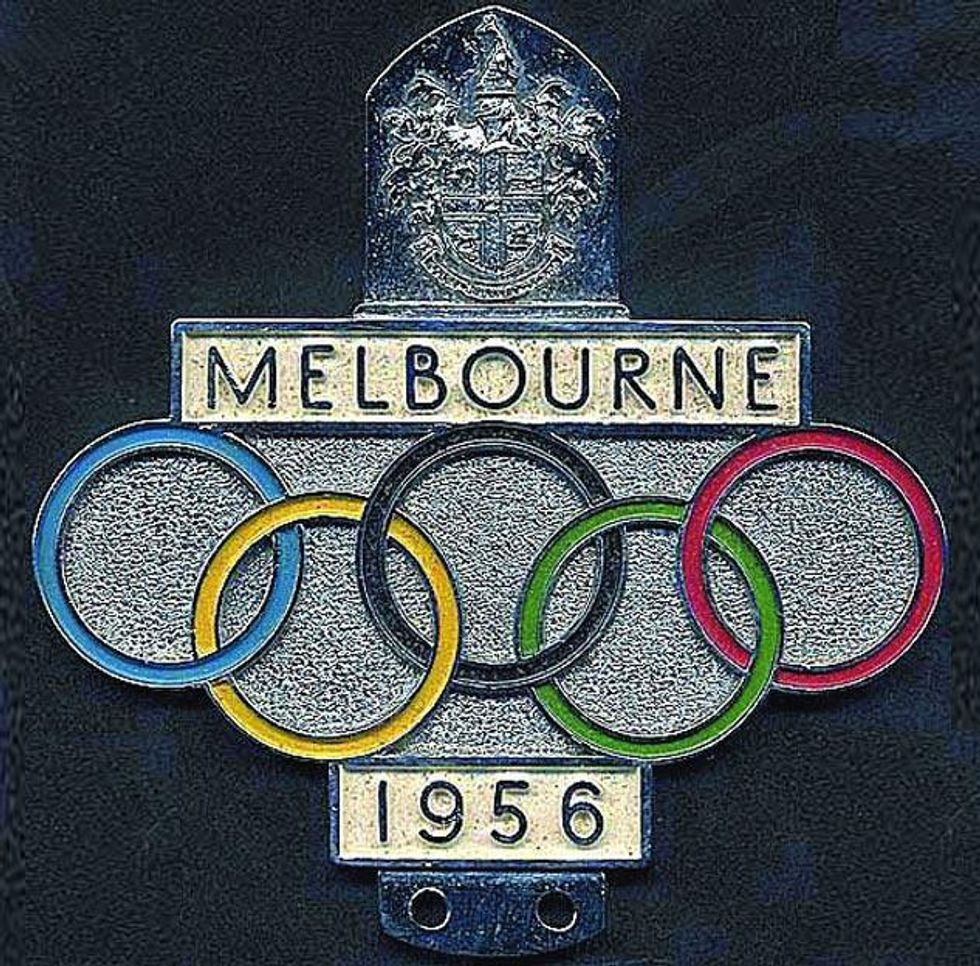
1956: According to the International Olympic Committee, this was the first year that a modern Olympiad was the subject of a boycott. In this case, the move was spurred by the Soviet Union's invasion of Hungary, which provoked several countries, including the Netherlands, Spain, and Sweden, to withdraw from the games. Meanwhile, Egypt, Iraq, and Lebanon did not compete in the Melbourne Games because of Britain and France's invasion of the Suez. And on top of that, China refused to participate because of Taiwan's participation, in a rivalry that continued for nearly three decades.
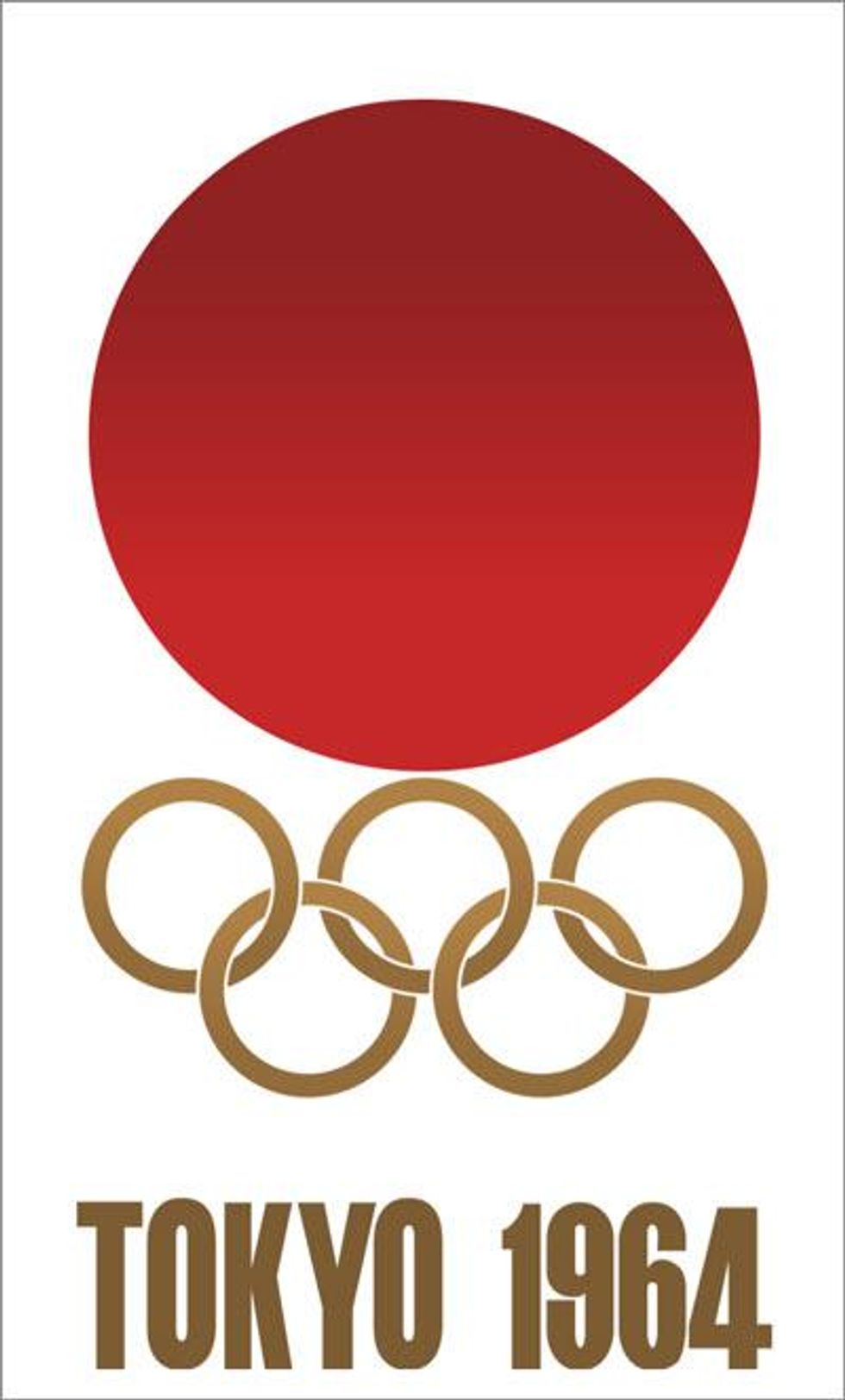
Also, during the first games staged in an Asian country, Indonesia and North Korea each abstained from the Tokyo games. Several athletes from those two countries participated in the 1963 Games of the New Emerging Forces, and the IOC declared that athletes who participated in that sporting festival would be disqualified from Olympic competition. So many of Indonesia's and North Korea's top athletes went to the other games that the countries pulled their teams altogether.
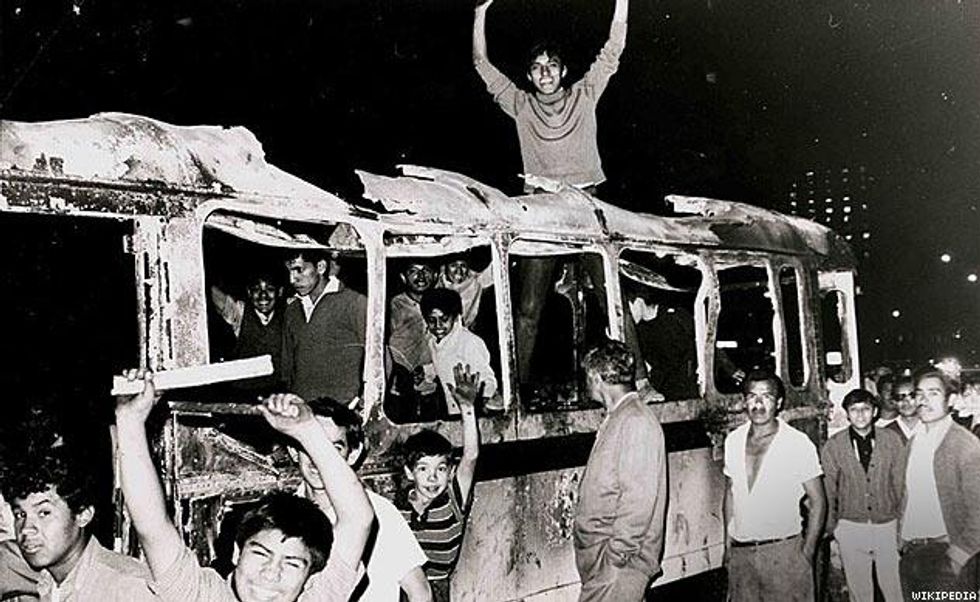
Above: Students in a burned out bus in Tlatelolco Plaza.
1968: Ten days prior to the beginning of the games, students protested the Mexican government for violence against young people, but the government retaliated. Mexican police and military fired into a crowd of unarmed students, resulting in the deaths of an estimated 200 young people (the final body count was never confirmed). Thousands more fled as tanks took over Tlatelolco Plaza in Mexico City. Thousands of students disappeared, and many were beaten and jailed.
The same year, American track and field athletes Tommie Smith and John Carlos (pictured above) protested on the medal stand, very famously. They were taking a stand for being able to represent their country at the Olympic games but unable to be treated like full citizens in their home country because of their race. However, due to Rule 50 -- the same rule that the International Olympic Committee has threatened athletes with for the Sochi games -- Smith and Carlos were stripped of their medals by the U.S. Olympic Committeee, after threats to disqualify the entire Team USA for their protest. Also in protest, Lew Alcindor (who we all now know as Kareem Abdul-Jabbar) decided not to compete on the U.S. basektball team in 1968 despite being offered a spot.
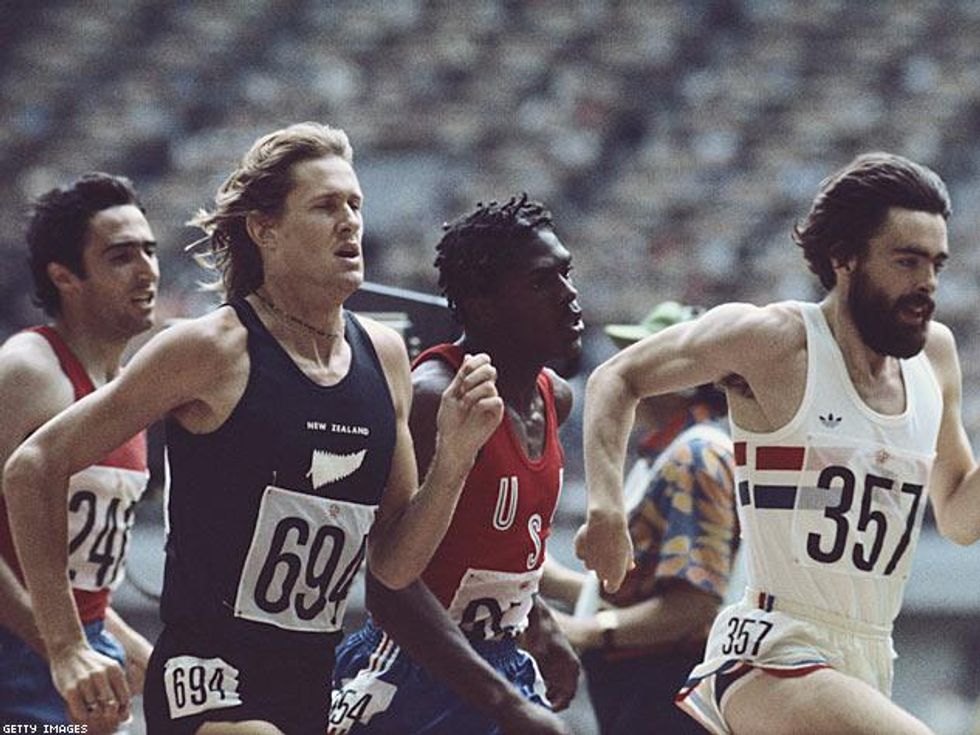
Above: John Walker of New Zealand, #694, and Frank Clement of Great Britain, #357,, during the men's 800-meters heats July 23, 1976. during the XXI Olympic Games at the Olympic Stadium in Montreal.
1976: New Zealand's national rugby team, the All Blacks, toured apartheid South Africa but was allowed to compete in the Montreal games. This incensed the people of several African, Middle Eastern, and Caribbean countries, spurring Tanzania to lead a boycott. Eventually, 26 countries abstained from participating in the games, which pulled 300 athletes out of competition. It led to a scramble to reschedule or cancel certain events -- in fact, teams from most of the countries that decided to boycott were already in Montreal, ready to compete.
Above: Lee Kemp (right) was considered the greatest American never to compete in an Olympics when the world champ was part of the 1980 men's freestyle team that was not allowed to compete in the Moscow games because of the U.S. boycott.
1980: Sixty-two countries, led by the United States, staged a boycott of the games in Moscow, following the Soviet Union's intervention in Afghanistan in 1979. Only 80 countries competed in the Moscow games (about one third fewer than the number of countries that competed in 1972). While many athletes complied with the decisions of their home countries, many others have cried foul over missing their only shot at competing in the Olympics due to a political protest.
1984: Three months before the Los Angeles games began, the Soviet Union announced it would boycott the games, and most other Eastern Bloc countries followed suit. National leaders said Soviet athletes were feeling threatened by a hostile environment. The Soviet Union then criticized the opening ceremony for following "the worst traditions of Hollywood," for having "cowboys, wagons, and bare-legged girls with many American flags but no place for the Olympic ideals of sport and international friendship."

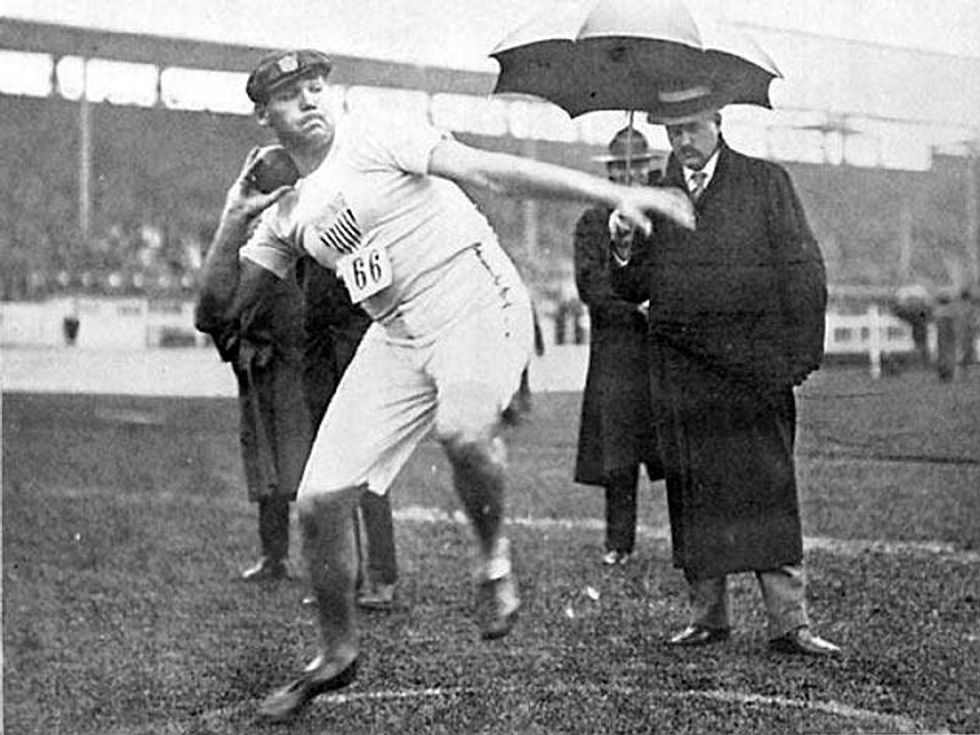
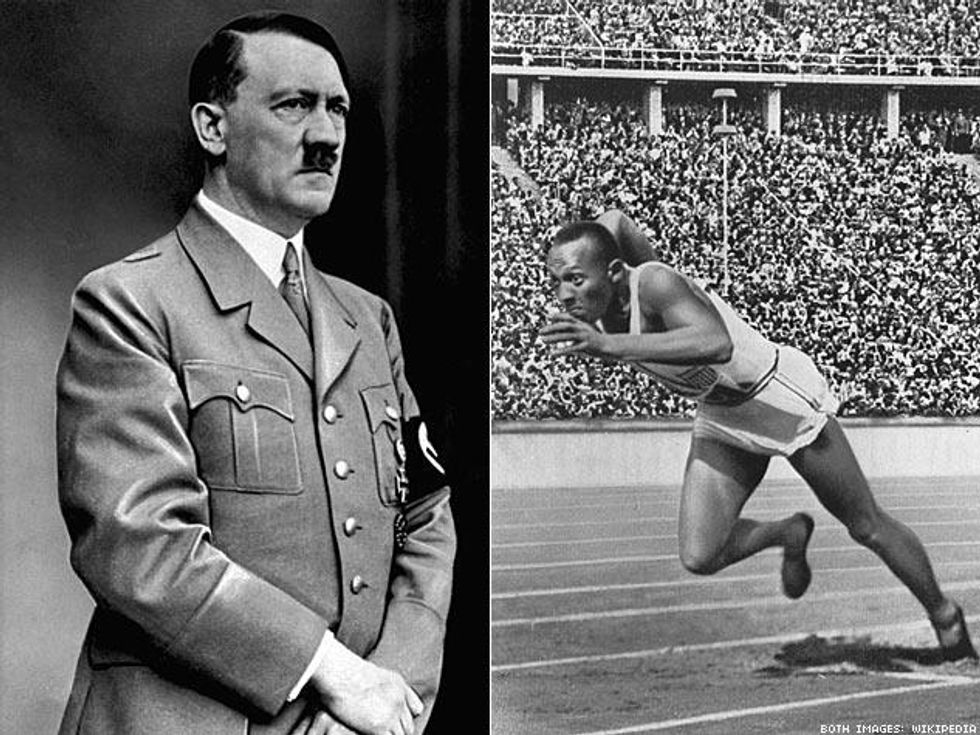
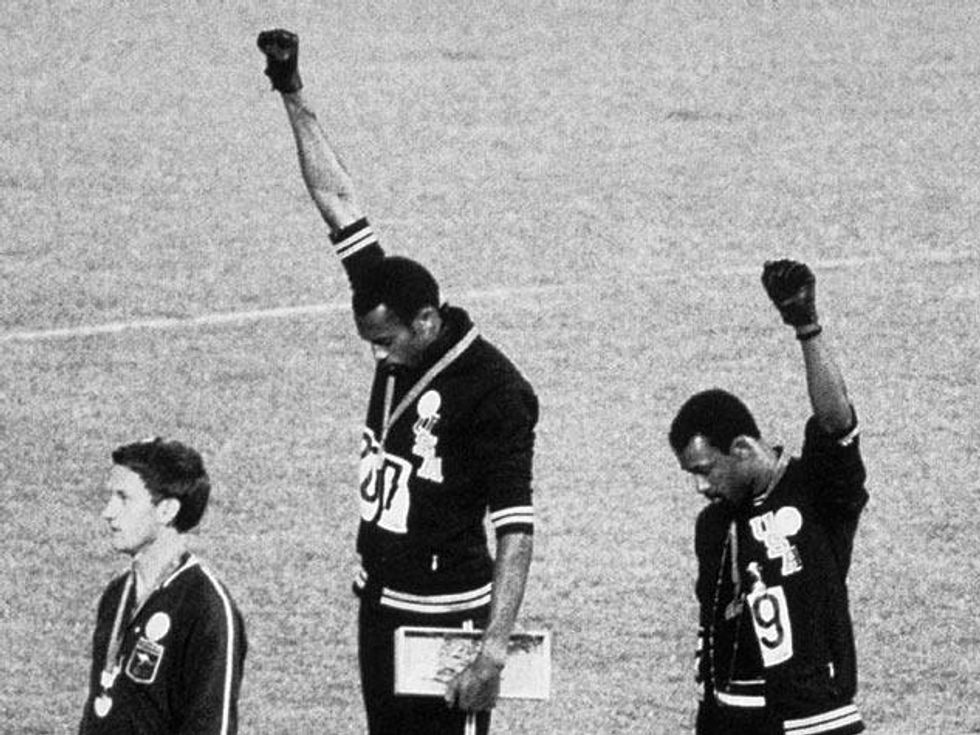
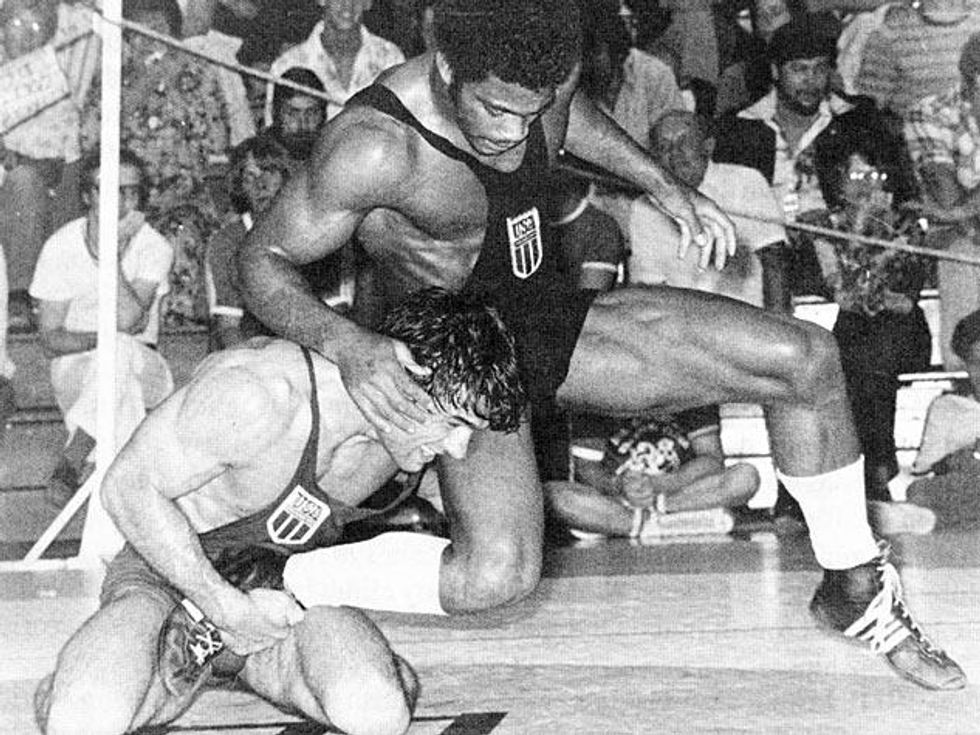
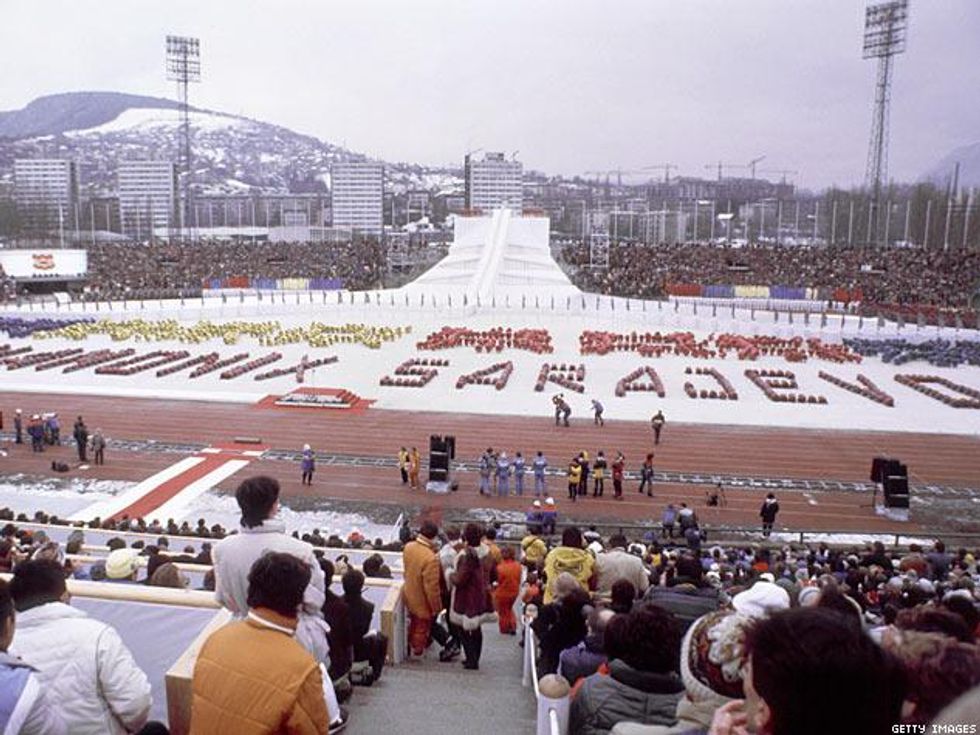





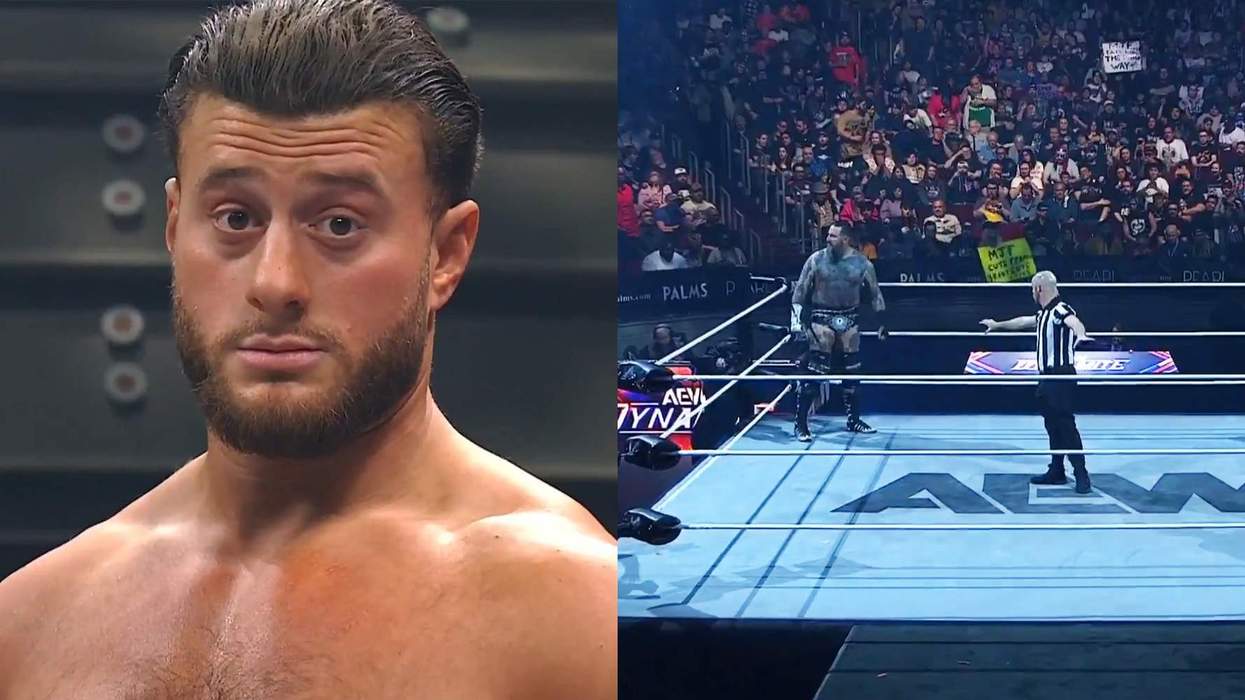
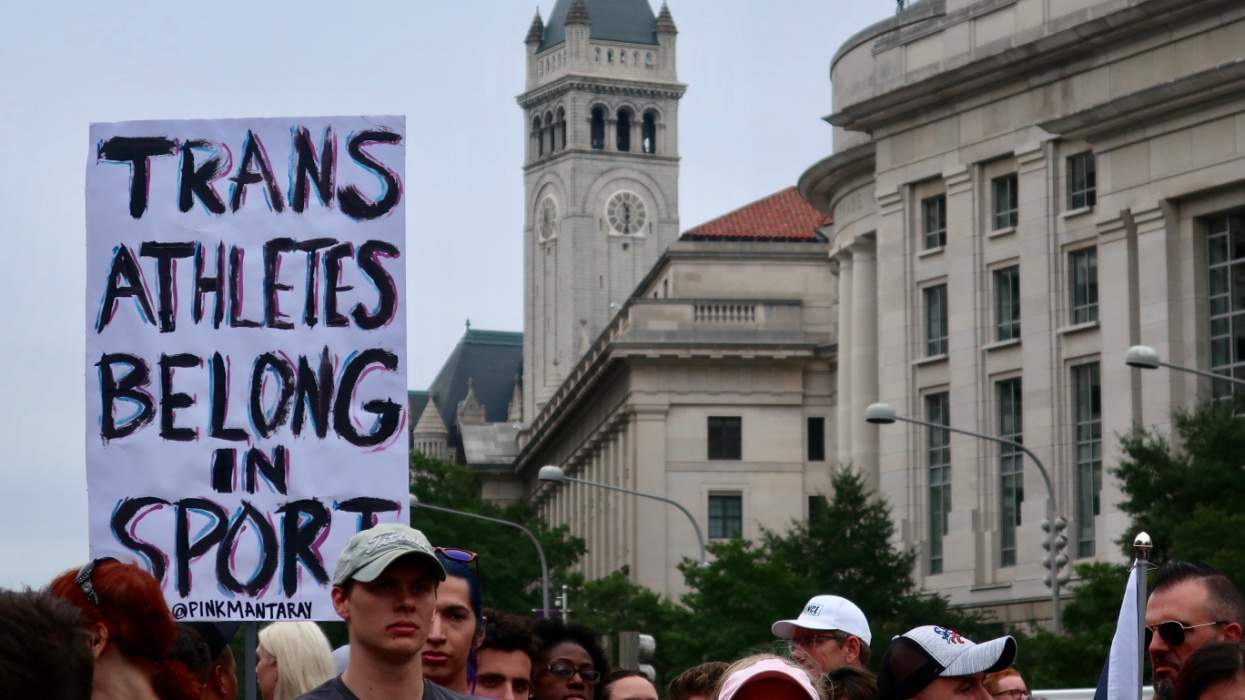







Charlie Kirk DID say stoning gay people was the 'perfect law' — and these other heinous quotes
These are some of his worst comments about LGBTQ+ people made by Charlie Kirk.